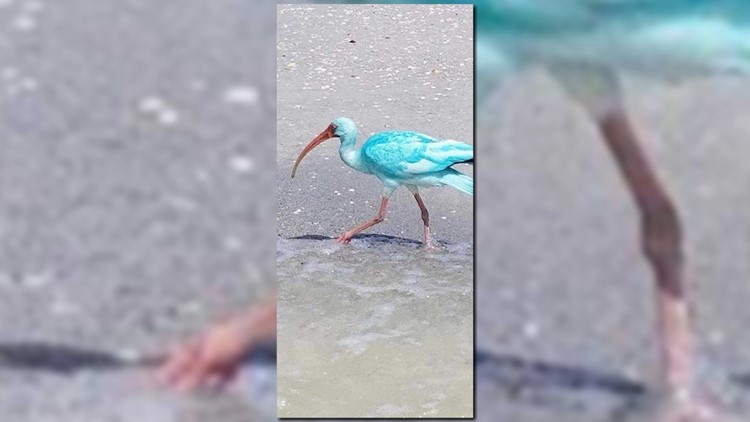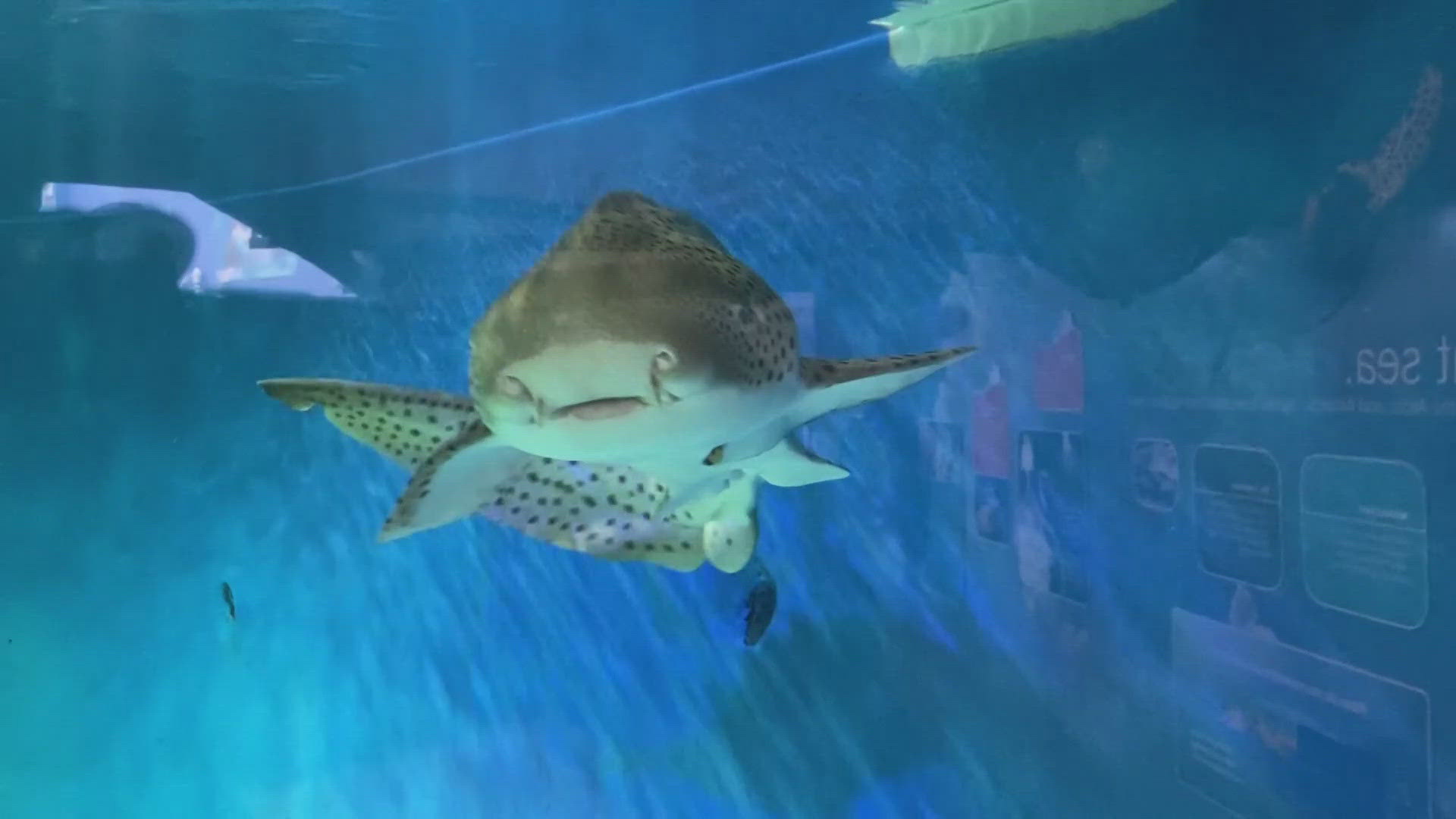There’s a white ibis out on Indian Rocks Beach that’s a little blue lately.
Not because it’s sad -- well, maybe a little bit, we didn’t grab it for an interview before the weekend -- but because somebody painted it blue.
Shelley Vickery, director of the Birds in Helping Hands Wildlife Rescue in Seminole, said her organization saw pictures of the bird on Facebook. They started searching for it to get the paint off.
They said they were worried the paint could contain something toxic that could affect the ibis when it preens its feathers.
When Vickery saw this picture of a white ibis painted blue making rounds online, she said her heart sank
”I couldn’t believe it, because its blue. It’s a target now. Who would do that,” she said.
The white Ibis is a protected animal. It normally has black-tipped wings with a red face and legs.
All we know is that the Ibis was found on Indian Rocks Beach, but who painted it is still unknown.
Vickery says it needs help soon.
“It won’t be able to fly as well. It won’t be able to thermoregulate as well because they use their feathers to stay warm. They have to stay very warm. They have to stay about 102 and 104 degrees, which is their average body temperature.”
While Florida Fish and Wildlife Conservation Commission is investigating they say whoever did this likely just captured the bird spray painted it or dyed it and then let it go free. People on the beach we spoke like Jennifer Godwin said they hope whoever did this is caught soon.”
“It’s awful. It is absolutely awful,” Godwin said.
People catching and Painted protected animals was big issue two years ago, when a white ibis was spray-painted orange. The dye seeped so deep it kept the bird from flying. What someone may think is fun can be fatal.
“It could go into the bird’s system, and it could affect its kidneys or liver,” Vickery said.
Vickery hopes someone will find this bird fast, so she and her team can clean it and nurse it back to health
If you have information about this case or if you see people illegally painting wildlife, FWC asks that you call the Wildlife Alert Hotline at 888-404-3922.
You can also call Birds In Helping Hands at 727-365-4592 or 904-703-2815.
►Make it easy to keep up-to-date with more stories like this. Download the 10 News app now.
Have a news tip? Email tips@wtsp.com, visit our Facebook page or Twitter feed.



